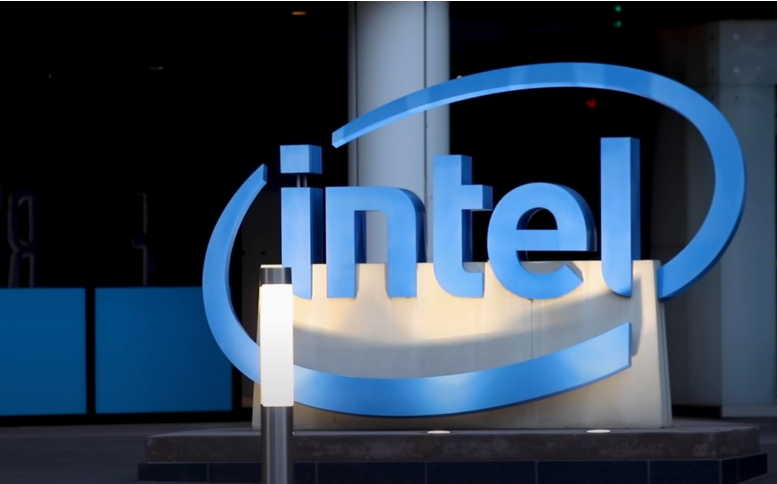News
Intel Wins Big With $3 Billion Boost from CHIPS Act

Source: YouTube
In a significant move, the Biden administration awarded Intel up to $3 billion under the CHIPS Act to enhance its “Secure Enclave” program. This is the second major award Intel has received this year under the same legislation, following the $8.5 billion it secured in March for its foundry expansion across four U.S. states. The CHIPS Act (officially the CHIPS and Science Act) is designed to reduce reliance on foreign chipmakers and fortify the U.S. semiconductor industry, a key area of national security.
What Is the CHIPS Act?
The CHIPS Act is a government initiative passed in 2022 to bolster America’s semiconductor production capabilities. With global supply chains facing disruptions and rising tensions between the U.S. and China, the act is critical to ensuring the country’s leadership in advanced technology and safeguarding industries ranging from consumer electronics to defense. The act allocates billions to American companies to expand their microelectronics production, cutting the country's dependence on Asia, especially Taiwan.
Why Prop Up Intel?
The U.S. has seen a significant decline in its dominance of the global microchip industry over the past few decades, as production has shifted heavily toward Asia, particularly Taiwan and South Korea. Once a leader in semiconductor manufacturing, the U.S. now produces only about 12% of the world's supply. This loss of dominance has raised concerns about the country's dependence on foreign suppliers for critical technologies, especially as geopolitical tensions rise. The CHIPS Act aims to reverse this trend by investing billions in domestic chip production to reassert the U.S.'s leadership in this crucial industry.
Intel is a central player in this independence strategy. As one of the few U.S.-based chip manufacturers, Intel's technology is integral to both civilian industries and national defense. The latest $3 billion award is earmarked for the Secure Enclave program, which will produce microelectronics specifically for the Department of Defense. This funding adds to the $8.5 billion Intel previously received to boost its semiconductor production.
Intel’s CEO, Pat Gelsinger, has been vocal about the importance of reducing reliance on Taiwan Semiconductor Manufacturing (TSMC), the world's largest chipmaker, based in Taiwan. This funding aligns with the broader goal of ensuring a stable domestic supply of advanced microchips and reinforces Intel’s role in that effort.
The Impact on Intel's Stock
Despite Intel's pivotal role in U.S. semiconductor production, the company has faced significant challenges this year. Its stock has dropped nearly 60%, as it struggles to catch up in the artificial intelligence (AI) market and faces increasing competition from rivals like Nvidia. The latest CHIPS Act funding offers a potential lifeline for Intel, and investors responded positively to the news. Intel shares surged 8% after the announcement, hinting at renewed investor confidence.
However, Intel still has a long road ahead. With its planned workforce cuts and ongoing restructuring, the company is trying to reduce costs by $10 billion, all while balancing the enormous task of scaling up its domestic production. Investors should keep a close watch on Intel’s performance over the next few quarters. The success of the Secure Enclave program and the broader foundry expansion will likely determine whether Intel can regain its leadership position in the semiconductor market.
What Should Investors Expect?
For investors, the CHIPS Act represents both a challenge and an opportunity. Intel’s stock is still trading at a fraction of its previous highs, and while the recent funding boosts have caused a temporary lift, the long-term outlook remains uncertain. Intel's success will depend on its ability to execute its expansion plans, particularly in the AI space, where it has been lagging behind.
But for those willing to take the risk, now could be the time to get in while Intel’s stock is still undervalued. With billions in government support and a clear national strategy backing its efforts, Intel may yet turn its fortunes around, making it a stock to watch.
Do you agree with the government’s funding of Intel to regain its competitiveness in the chip industry? Tell us what you think!




1 Comment
StupidITY as usually and greed to the core. You can’t compete therefore you cry to you politicians bitches to save you, beautiful. It’s allright what goes around, comes around, Those companies will die at some point and no one will miss them. Unfortunately, the common people will be the ones paying the price, until we all say ENOUGH!!